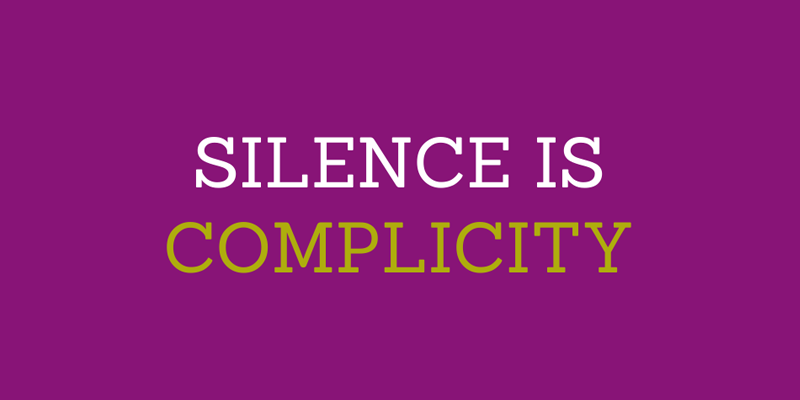Posted by Nick Donohue
By Nick Donohue: President & CEO at the Nellie Mae Education Foundation
At the time we’ve reached the unthinkable milestone of 100,000 deaths as a result of COVID-19, we’ve also witnessed the murders of too many Black Americans at the hands of violence and white supremacy: George Floyd, Ahmaud Arbery, Nina Pop, Sean Read, Tony McDade, Breonna Taylor. These are merely a few of the names of Black individuals that have died at the hands of racism — there are unfortunately many more that have gone unnoticed and unheard of by the public. Racism is a virus too.
The COVID-19 pandemic has just pulled back a curtain on the racial inequities that are foundational to our country. In Wisconsin and Michigan, the percentages of affected residents who were Black were more than twice as high as the proportion of Black people living in those states overall. Here in Massachusetts, the highest per capita rates of infection reside in working-class immigrant cities like Chelsea and Brockton, who both have high concentrations of people of color.
How our society moves forward depends on our ability to understand why these inequities exist, and the actions we take to address them. As Merlin Chowkawayun so rightly notes in an analysis of these statistics in the New England Journal of Medicine, “disparity figures without explanatory context can perpetuate harmful myths and misunderstandings that actually undermine the goal of eliminating health inequities.” False narratives around Black people being able to tolerate higher levels of pain, for example, date back to slavery. That explanatory context is something that white people love to sweep under the rug — the pervasiveness of whiteness and violence in our country.
COVID-19 is only uplifting what has been so ingrained in our nation’s history for decades — the constant state of violence against Black people — in our economy, our justice system, our health system, our education system.
As an organization, we wholeheartedly stand against anti-Black racism and are committed to ensuring that we can take the steps to become an anti-racist organization. We are committed to supporting our grantee partners who are on the front lines of racial equity work in public education, by supporting organizations led by and serving people of color through general operating support grants, and supporting community organizing groups that are working to ensure that young people of color have a seat at the table in educational decision-making, to name a few. As an organization, we will continue to do our own learning around white supremacy, our complicity in upholding this system as a philanthropic entity, and we will take action to dismantle it. As a white leader, I am committed to holding myself — and other white people — to do better.
White people must step up and take action, and hold each other accountable. It is our responsibility to examine how we are complicit in the spreading of this virus of racism, and how we benefit from it every day. Silence is complicity. This moment calls on us to reflect on the type of society we want to build and take action. Our future depends on it.

